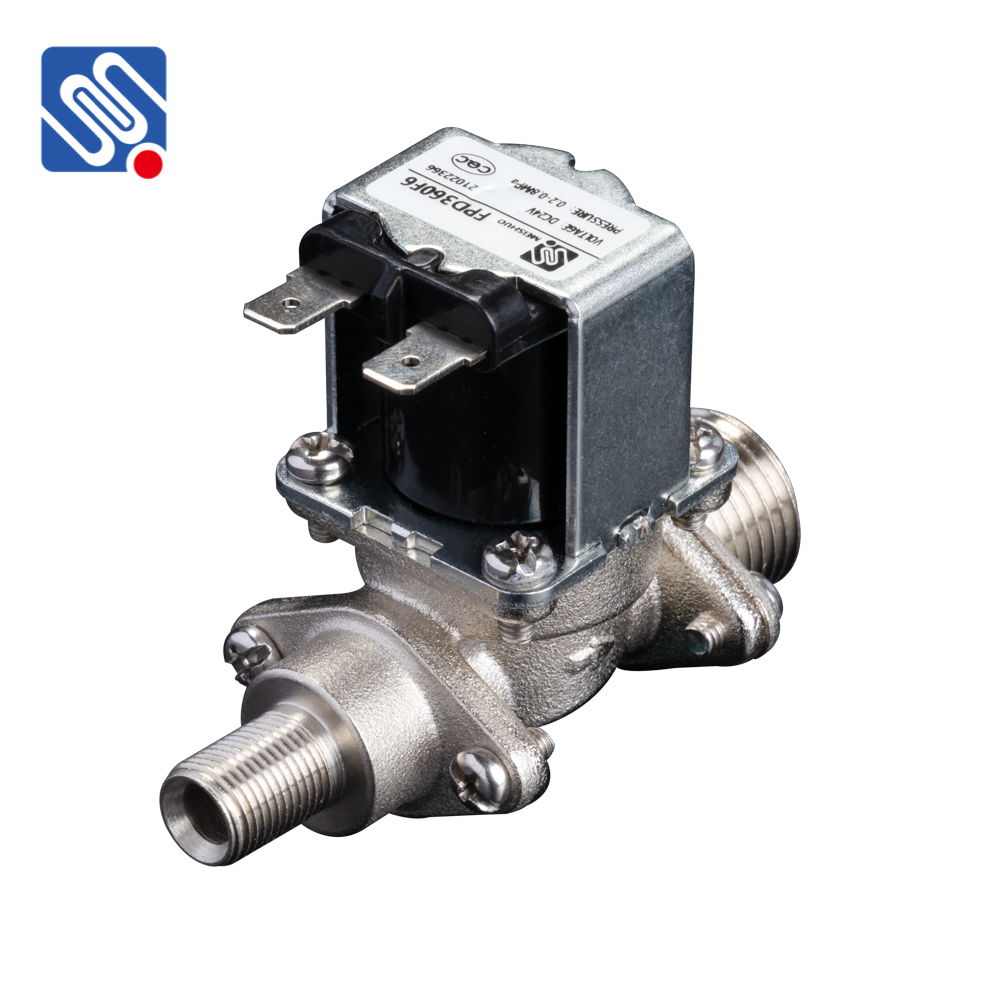understanding flow control solenoid valve: key to precise fluid flow management
Release time:2025-09-14 20:23:44
The Flow Control Solenoid Valve is a vital component used in various hydraulic, pneumatic, and automation systems to regulate fluid flow with precision. By adjusting the flow of liquids or gases, this type of valve plays a crucial role in maintaining optimal system performance, reducing energy consumption, and ensuring operational efficiency. This article explores the significance, working principle, applications, and advantages of the Flow Control Solenoid Valve in modern systems.

What is a Flow Control Solenoid Valve? A Flow Control Solenoid Valve is an electromechanical device that regulates the flow of fluids or gases by controlling the valve opening. The valve's operation is driven by an electric current passing through a solenoid coil, which creates a magnetic field that moves the valve’s internal components. As the valve adjusts its position, it either restricts or opens up the flow path, allowing for precise control over the flow rate. This type of valve is typically used when there is a need for constant and variable flow regulation. How Does It Work? The principle behind a Flow Control Solenoid Valve is simple yet highly effective. At its core, the solenoid coil, when energized by an electrical signal, generates a magnetic field. This field actuates the valve’s internal mechanism, such as a plunger or diaphragm, to adjust the opening through which the fluid or gas flows.

